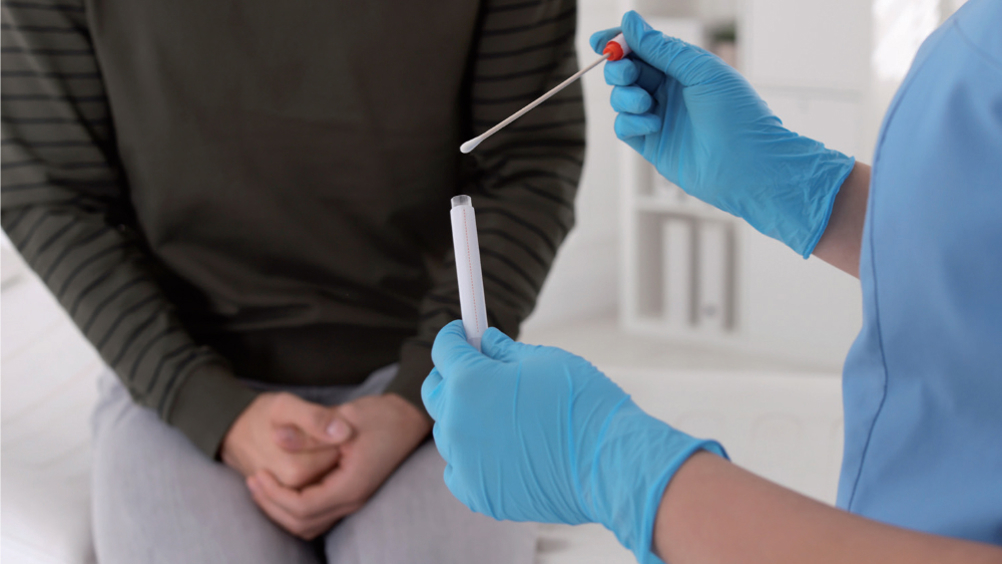NEWS FOCUS

Antibiotic-resistant gonorrhoea is rapidly increasing in prevalence and could become ‘untreatable’ in the future, health officials have warned.
Between June 2022 and May 2024, scientists working at the UK Health Security Agency (UKHSA) identified 15 cases in England that were resistant to the antibiotic ceftriaxone, the first option drug used to treat the condition in the UK.
Dr Helen Fifer, a consultant microbiologist at the UKHSA, said that if ‘left untreated, gonorrhoea can cause major health issues, including problems with your pelvis and infertility’.
Gonorrhea is a sexually transmitted infection (STI), which is spread mainly by contact with genitals or bodily fluids. Symptoms include a thick green or yellow discharge from the vagina or penis; pain when urinating; and, in women, bleeding between periods, according to the NHS.
It is easily diagnosed with a swab or urine test and is typically treated with a single antibiotic. However, health officials have said that growing levels of antimicrobial resistance, where the bacteria causing the infection evolves to become resistant to medication, is an increasing concern across a range of diseases.
Register now to continue reading
Thank you for visiting Practice Nursing and reading some of our peer-reviewed resources for general practice nurses. To read more, please register today. You’ll enjoy the following great benefits:
What's included
-
Limited access to clinical or professional articles
-
New content and clinical newsletter updates each month

